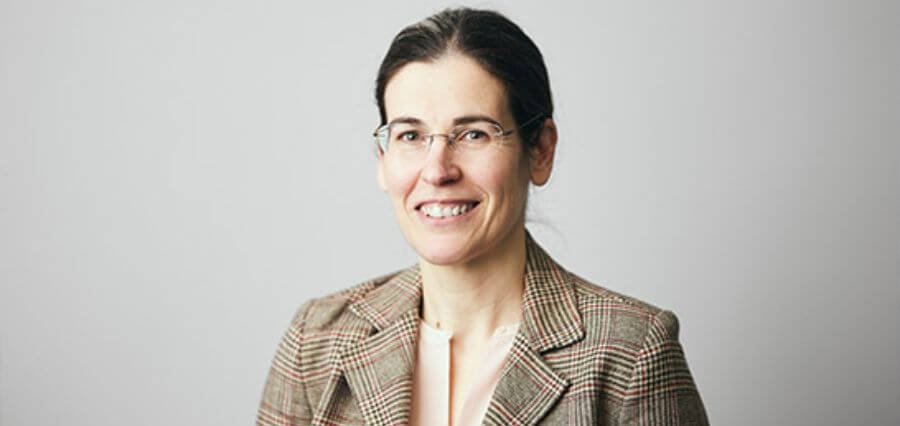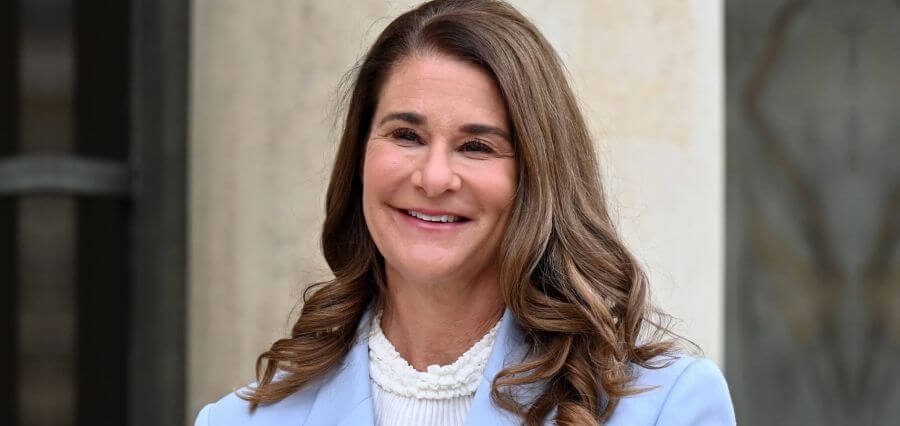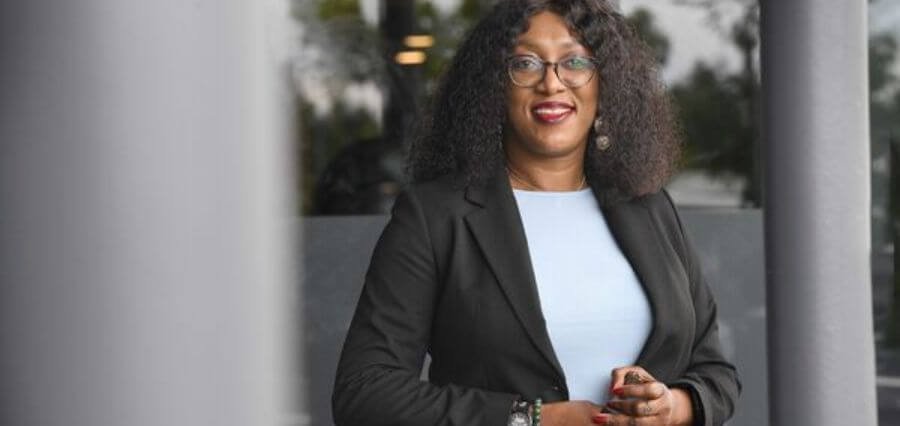Profitability improves when female executives in retail management teams are given more authority, a University of Mississippi School of Business Administration study found.
After analyzing more than 100 publicly traded retailers, Cong Feng, Morris Lewis Lecturer and associate professor of marketing, and Kexin Xiang, instructional assistant professor of marketing, discovered a positive correlation between the structural power of female executives—their ability to influence and control important organizational resources—and the profitability of their companies.
“The authority granted to a female executive is what we mean when we talk about structural power,” Feng stated. “If we were in a meeting, a person may or may not be able to express his or her opinion — structural power allows people to speak out and give their concerns.”
Despite the fact that women make up a larger percentage of retail management than in other industries, the study indicates that in order for female executives to achieve optimal performance, they need adequate structural power.
“It’s good to see a higher percentage of female presence, but how much power would you give this female?” stated Xiang.
“Many organizations are working to increase the proportion of female managers; however, few studies examine the power dynamics and speaking authority of female executives.”
Feng and Xiang admit that representation still faces difficulties. Approximately when their investigation got underway in 2019, Forbes published a list of “America’s 100 Most Innovative Leaders.” There was only one female executive on the list: Ross Stores CEO Barbara Rentler.
Feng remarked, “She is an incredibly successful CEO.” “Ross stores can be found in all major cities. Her top management team has a very high structural power ratio for women. Additionally, their profitability far exceeds the industry average.
The fact that only one woman made the list surprised me. Thus, we must have this conversation regarding the elements that influence how firms see gender diversity.
Colleague Saim Kashmiri, the Mr. and Mrs. James E. King Lecturer and associate professor of marketing, is credited by Xiang and Feng for his earlier work demonstrating the beneficial influence of female executives on customer orientation. They planned to develop this concept further.





